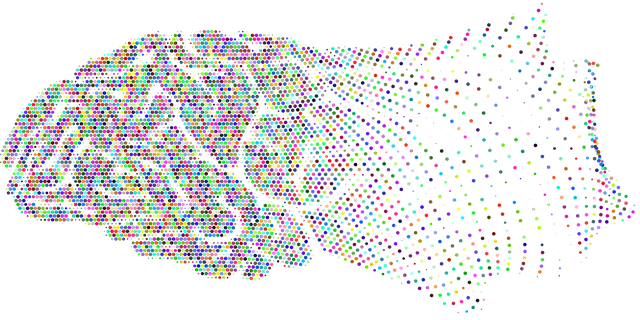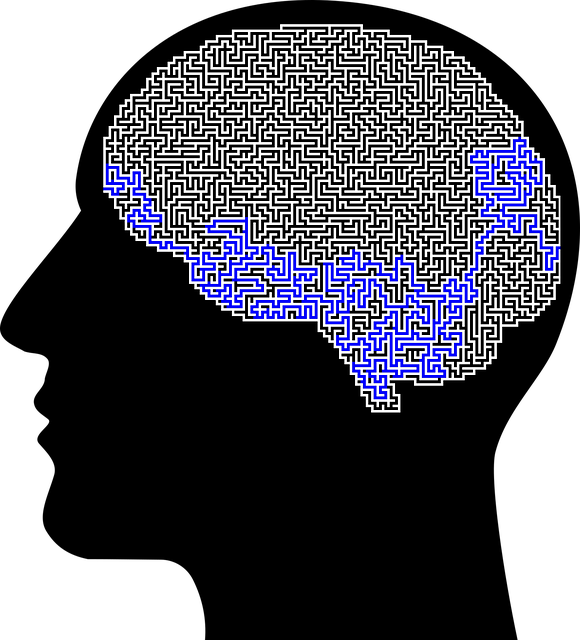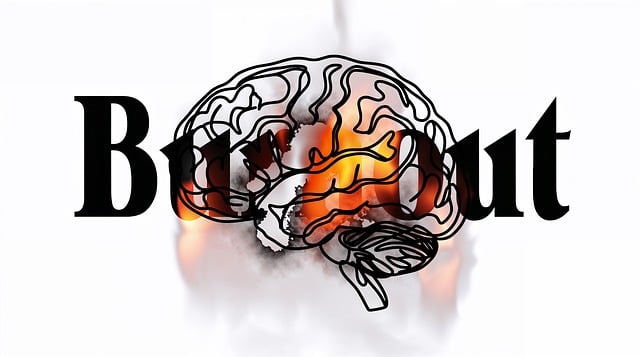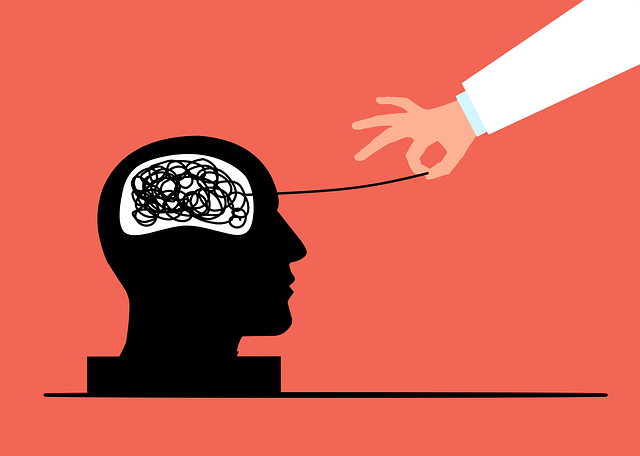Mental health advocacy for young children focuses on creating awareness, removing stigma, and providing support systems to protect their emotional well-being. Early intervention is crucial for addressing issues like depression, with therapy benefiting youngsters' overall mental wellness. Advocacy initiatives educate parents, caregivers, and educators on recognizing distress signals and fostering open conversations about mental health. Activities such as journaling exercises enhance self-expression, emotional management, resilience, and positive self-image—all vital for mental wellness. Therapy for young children with depression, through play, art, and age-appropriate discussions, equips them with coping mechanisms, conflict resolution skills, and self-esteem building strategies to manage emotions and navigate challenges constructively, laying the foundation for long-term mental health resilience. Community-driven initiatives break down stigma and integrate mental health awareness, offering diverse services from affordable therapy to culturally sensitive practices, ensuring every child has access to support and resources that promote confidence and social-emotional learning programs.
Mental health advocacy initiatives play a pivotal role in shaping the well-being of our youngest individuals. This article explores the critical areas of mental health support, focusing on young children. We delve into understanding mental health advocacy and its significance for this vulnerable demographic, highlighting early intervention strategies, particularly in combating depression.
Through community-driven resources and therapy programs tailored for young children with depression, we uncover powerful tools to foster resilience. By examining these initiatives, we aim to raise awareness and emphasize the impact of proactive mental health care.
- Understanding Mental Health Advocacy for Young Children
- The Impact of Early Intervention and Therapy for Depression
- Community Initiatives and Resources to Support Children's Mental Well-being
Understanding Mental Health Advocacy for Young Children

Mental health advocacy for young children is a critical aspect often overlooked but with profound implications. It involves creating awareness, removing stigma, and providing support systems to ensure their emotional well-being. Youngsters, despite their age, can experience various mental health challenges, including depression, which requires early intervention and therapy. Understanding these issues is the first step towards fostering healthy development.
Advocacy initiatives focus on educating parents, caregivers, and educators about the signs of distress in children. This includes promoting open conversations about mental health and offering guidance on suitable emotional healing processes. Through activities like journaling exercises that encourage self-expression and reflection, young individuals can develop inner strength and learn to manage their emotions effectively. Such practices are vital in building resilience and nurturing a positive sense of self, which is crucial for overall mental wellness.
The Impact of Early Intervention and Therapy for Depression

Early intervention and therapy for depression in young children can have profound effects on their overall well-being and future mental health. By identifying and addressing depressive symptoms at an early stage, professionals can help children develop essential coping mechanisms and resilience. Therapy tailored to young minds often incorporates play therapy, art therapy, or age-appropriate conversations, making it engaging and effective. These interventions not only treat acute depression but also empower children with the tools to recognize and manage their emotions.
Incorporating mind over matter principles, conflict resolution techniques, and self-esteem improvement strategies within these therapeutic frameworks can be transformative. Such approaches teach children how to reframe negative thoughts, navigate interpersonal challenges constructively, and build a positive sense of self. Early intervention ensures that young individuals learn healthy ways to cope with stress and adversity, potentially preventing more severe mental health issues later in life.
Community Initiatives and Resources to Support Children's Mental Well-being

In many communities, initiatives are rising to address children’s mental well-being proactively. These community-driven efforts often involve collaborative partnerships between local schools, healthcare providers, and non-profit organizations. By integrating mental health awareness into everyday conversations and educational curricula, these initiatives break down stigma and encourage early intervention for issues like depression in young children. Services range from free or low-cost therapy for economically disadvantaged families to culturally sensitive mental healthcare practices that cater to diverse populations, ensuring every child has access to the support they need.
Beyond direct services, community resources promote confidence-boosting activities and programs designed to enhance social-emotional learning. These efforts recognize the interconnectedness of mental health and overall well-being, empowering children with coping mechanisms and resilience from a young age. By fostering a supportive environment, these initiatives aim to cultivate a generation more equipped to navigate and manage their mental health effectively.
Mental health advocacy initiatives, especially those focused on early intervention like therapy for young children depression, are vital in fostering resilient communities. By understanding and addressing mental health issues in childhood, we can significantly enhance a child’s overall well-being. Community resources and support systems play a crucial role in this process, ensuring that young minds receive the necessary care and attention to thrive. Through these efforts, we not only improve individual lives but also create a more compassionate and supportive society.














